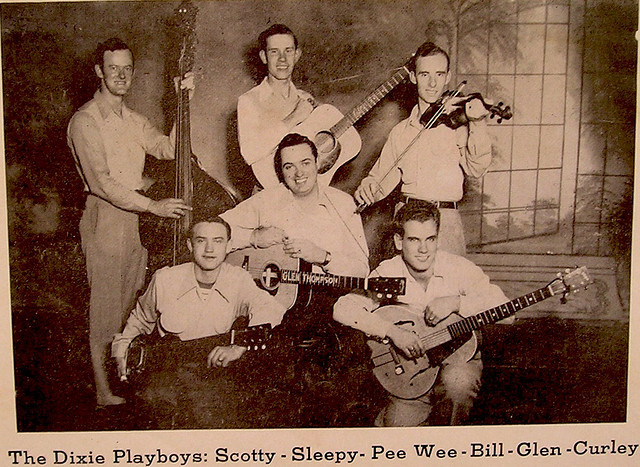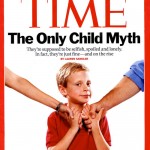Mixed Signals is Erin Straza’s weekly musing about marketing miscellany in advertising, branding, and messaging.
In its most simple form, advertising is used to tell the story of a product or company with the hope of positioning it as the choice in the consumer’s mind. Those story messages are written to highlight the positives and downplay (or ignore) the negatives.
This is understandable, for why would a company pay money to list its faults and weaknesses and purposely tell consumers to choose another company? Caveat emptor should be our default filter through which we run a company’s communications.
Sometimes consumers forget their filter though.
That happened to a consumer who heard the messages for Nutella. In case you haven’t heard about Nutella, it is a chocolate hazelnut spread made by Ferrero. From the current messaging, this consumer concluded that Nutella was a healthy breakfast choice for kids. Watch the TV spot here and see what you think.
I think the consumer did hear that message; but I also think she forgot to run it through her caveat emptor filter. She trusted this message so fully that she dutifully obeyed the ad’s directive and began to serve her 4-year-old toast with a smear of Nutella each day. She says she was shocked when friends told her that chocolate on toast as a breakfast routine was not so good for long-term health. She is now suing Ferrero for false advertising.
A visit to Nutella’s Web site tells us that the spread is part of a nutritious breakfast—it doesn’t claim to be nutritious on its own:
“A slice of whole wheat toast spread with Nutella®, a serving of fresh fruit and a cup of yogurt or 1% milk provides perfect balanced nutrition to start the day.”
NPR reports that critics are upset because the ads highlight the positives of Nutella’s hazelnuts, cocoa, and skim milk while ignoring the negatives of high sugar and palm oil content.
But is this false advertising? The positives mentioned are true; it’s just that the negatives weren’t stated. If this will be used as the standard for false advertising, however, every company would stand guilty.
For that matter, so would every person. We, as individuals, are the worst offenders, because we are constantly sending out messages about who we are, who we wish we were, and who we want others to think we are.
Although Christians should have sober personal assessments that include both the positives and the negatives, this is not always the case. Christians often feel the need to hide the broken, needy parts of themselves behind the positives that come with being redeemed in Christ.
Reality is that both people and products are a mix of positives and negatives. There is no product, nor is there any person (apart from the Lord Himself), that would escape a guilty verdict for false advertising.











